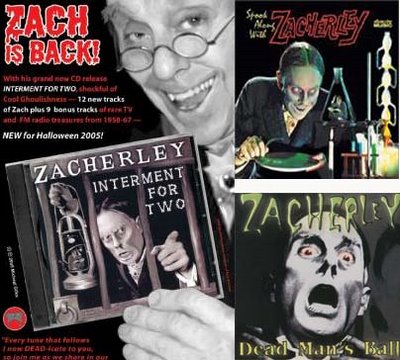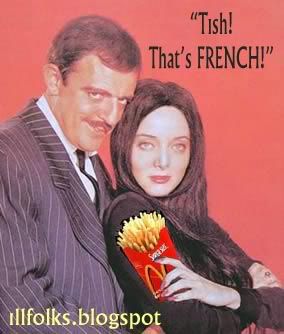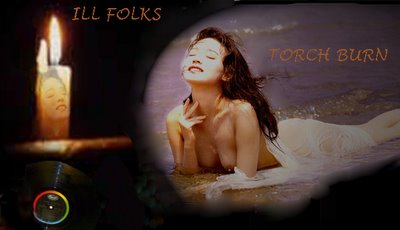
Yes, if you download both parts, you will get OVER FORTY versions of "Green Green Grass of Home."
Maybe that's almost like getting a death sentence.
But...this song has transcended its sentimentality and lousy ending. It's a true classic. It's the masterpiece of veteran songwriter Curly Putman (who wrote or co-wrote over 400 tunes, and had a co-writing hand in some of the most achy-breaky songs of all time, including "D.I.V.O.R.C.E." and "He Stopped Loving Her Today" and "Wino the Clown").
Cringeworthy? What's more cringeworthy than a burly country star talking about getting off a train "and there to greet me is my mama and my papa." And yet everybody from gritty Merle Haggard to burly Burl Ives to spooky Jack Palance has sung that line.
What's more of a mediocre cliche than having a girlfriend named Mary who's got "hair of gold and lips like cherries?" If she really did, God would she be repulsive. Besides, "Mary" and "Cherries" is a lousy rhyme. (So is "padre" and "daybreak," but at least it's interesting.)
And finally, let's be honest, the worst cop-out in any short story is "it was all a dream."
Yet "Green Green Grass of Home" has served as both a weepy example of C&W drama, and even a protest against capital punishment (the Joan Baez version most notably, here represented by a rare live TV version). The song was a crossover hit for Tom Jones, was overbaked into opera by Katherine Jenkins, has been sung in all kinds of improbable languages, and even parodied by Ben Colder (Sheb Wooley's drunken alter-ego).
Now why, baby, why, would you want to wade through FORTY versions?
In part one, you might want to check on the way Pitney, Laine, Rogers, Twitty, Brown, Jones and other C&W veterans choose to either sing "I was only dreaming" or, for dramatic effect, speak those lines. You might want to note which ones use a backing choir, which ones add squeamy steel guitar, and which ones either string up the tempo or hang it gently. Then there are the ad-libs..."I was only dreaming" or "I must have been dreaming."
There's also a question as to where the prisoner is confined. It's usually "four gray walls" but for Joan Baez, "cold clay walls" and for Johnny Cash, "cold gray walls." It's just plain "gray walls" for Kenny Rogers and "four walls" (no color) for Jack Palance.
Part two concentrates on the more disturbing, offbeat and ill versions of the song. There are lots of women here, from Bonnie Guitar, who shifts the song into the third person, to Margareta Pasiaru, who sings it as "Ce dor imi e sa flu acasa lar." There are Italian cover versions and Spanish cover versions (L' Erba Verde Di Casa Mia and Os Verdes Campos da Minha Terra) as well as Jan Malsjo's "En sång en gång för länge sen."
Are you only dreaming? No, this is truly your chance to download OVER FORTY versions of this classic song, and turn yourself Green, Green, Green, Green, Green, Green....
GREEN GREEN GRASS OF HOME Predominantly normal versions
GREEN GREEN GRASS OF HOME Predominantly unusual and foreign versions
































